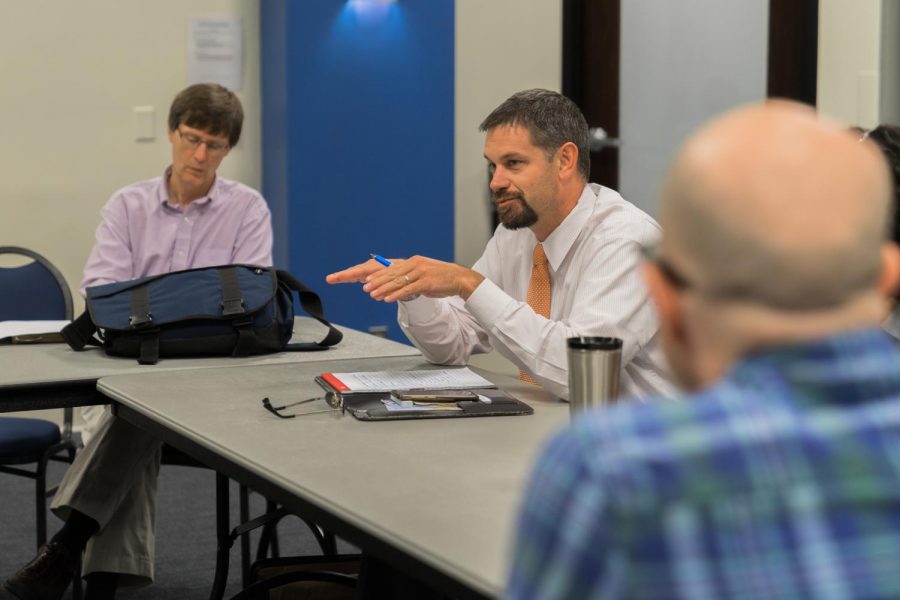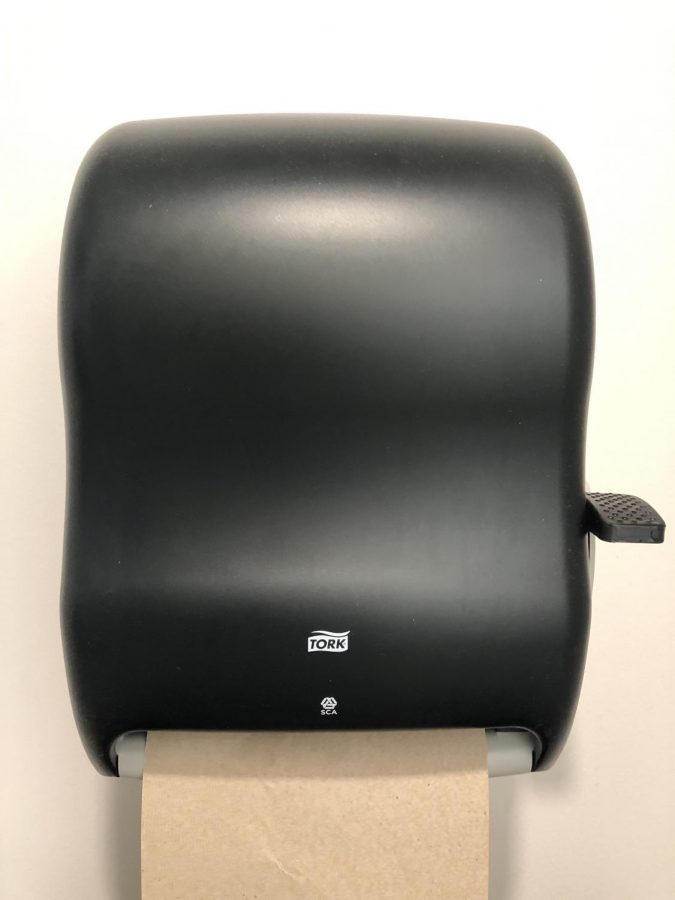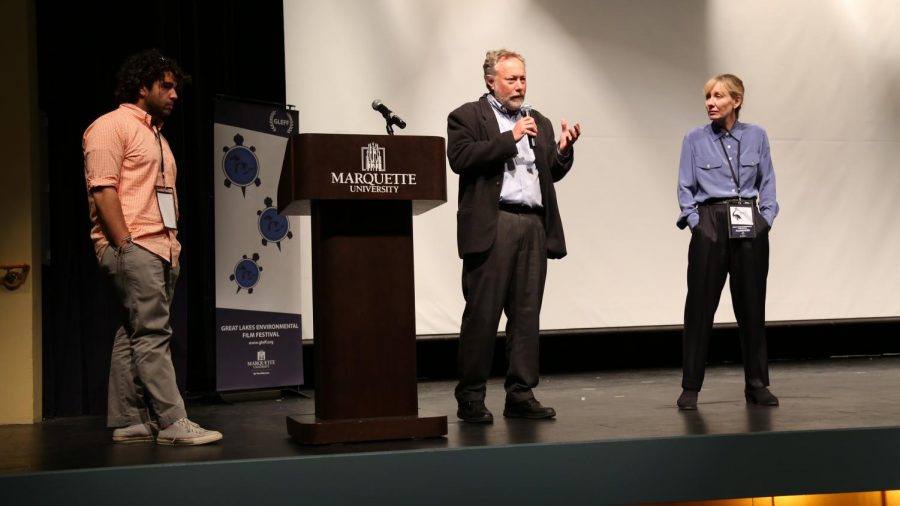Marquette hired its first sustainability coordinator and added a new environmental studies major to its curriculum in an effort to be more environmentally conscious.
Marquette’s first full-time campus sustainability coordinator Brent Ribble began work this July. His job, Ribble said, includes coordinating and advancing the university’s sustainability efforts.
Ribble said his main duties include “conserving energy, water and other resources; protecting and improving air, water and habitat quality; preventing waste and pollution; and doing these activities in a manner that promotes social justice, health, environmental welfare and economic security.
“Sustainability means meeting the social, environmental and economic needs of the present without compromising the ability of future generations to meet their own needs,” Ribble said.
Though Marquette has had employees tasked with part-time sustainability efforts in the past, Ribble is the first employee whose sole job is sustainability coordinating.
“Marquette has been committed to serving as a good steward of the environment in the past, and the addition of (Ribble) as our sustainability coordinator will only strengthen that commitment,” said Chris Jenkins, associate director of university communication.
Ribble also added that Marquette’s recent sustainability initiatives are a promising start to becoming a greener campus.
“Engineering Hall is certified LEED Gold and is itself a sustainability living laboratory,” Ribble said. “Marquette’s Bublr bike station is the second-most utilized in the city.”
There are four levels to LEED, Leadership in Energy and Environmental Design. Marquette is at the third level.
When asked how Marquette fares against other universities in environmental sustainability, Ribble said “comparing Marquette to other universities is difficult because, historically, Marquette has not measured and tracked its sustainability performance.”
Ribble added that this will soon change.
“Once Marquette has some updated sustainability performance measurements here in the near future, it will be able to make more meaningful comparisons with its peer institutions,” Ribble said.
He also mentioned a new interdisciplinary environmental studies major that began this fall at Marquette.
“The environmental studies major is a fantastic addition to Marquette’s offerings,” Ribble said. “It demonstrates that Marquette has acknowledged the importance of preparing students to address sustainability challenges in their lives and careers.”
Stefan Schnitzer, the director of the new major program, said environmental studies has one of the largest job growth rates.
“Employment is expected to rise 15 percent faster than any other profession,” Schnitzer said. “There are lots of regulations where they have to hire environmental specialists to make sure they’re complying with laws.”
Schnitzer also stressed the flexibility of the new environmental studies major.
“This is a cross-disciplinary major, so it should fit a lot of different interests,” he said. “We want to make it flexible to students’ needs. We are happy to help students tailor this major to help their long term goals.”
Schnitzer also said that Marquette’s recent environmental initiatives are a response to Pope Francis’s 2015 encyclical “Laudato Si”, a call to action for Catholics to care for their environment.
“This is Marquette responding to the call,” Schnitzer said. “Marquette really wants to be a leader in ecology, sustainability and environmental health.”








